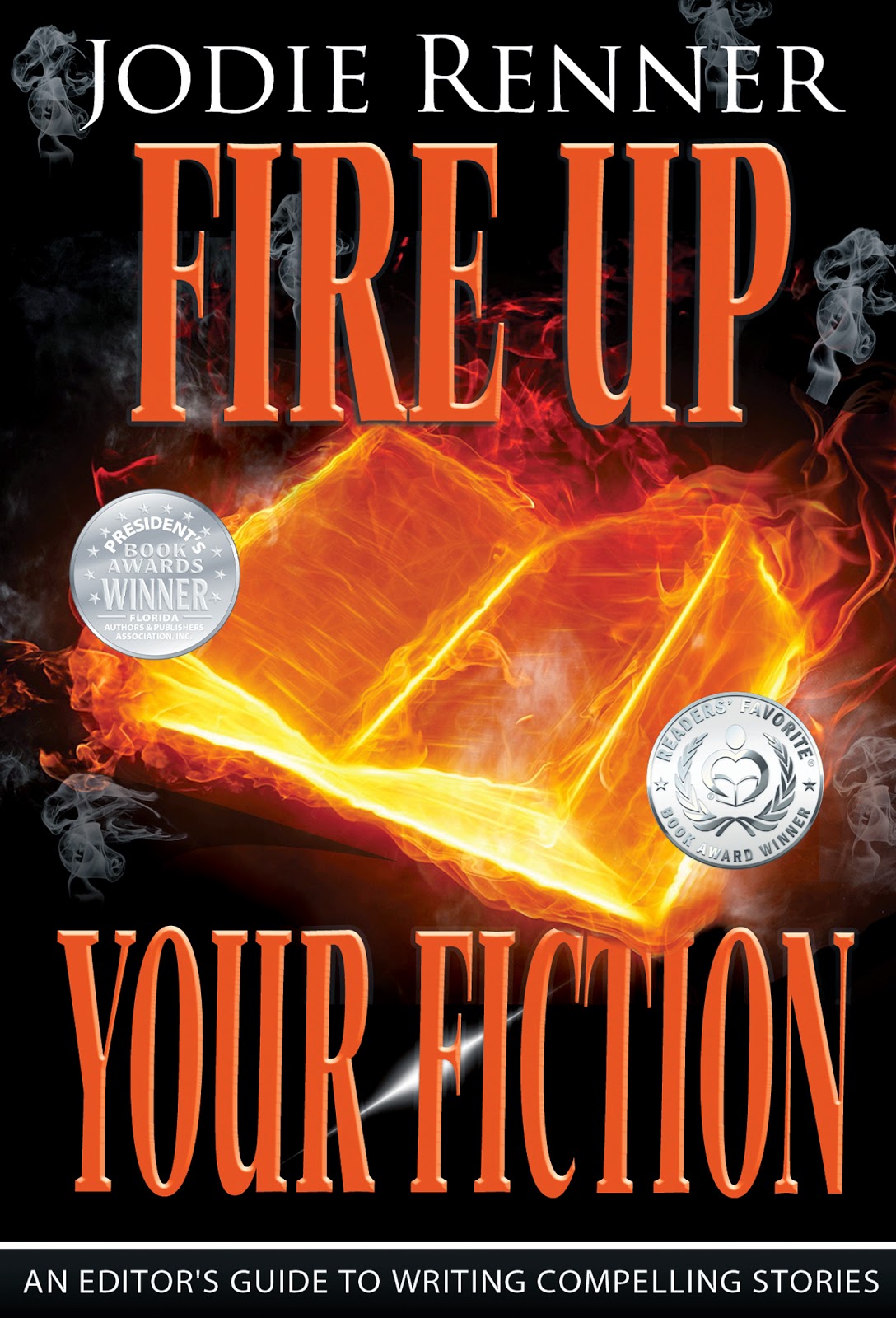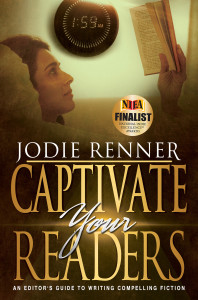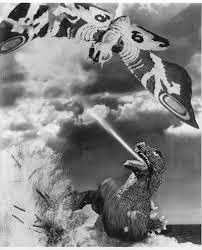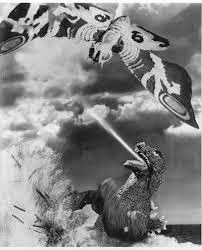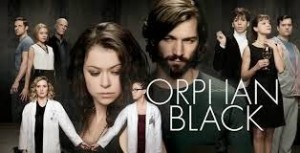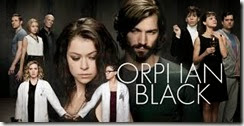“When people say they don’t have time to write with small children, well, for me it was the opposite. I didn’t write anything before I had them. They gave me that.” —Toni Morrison
By PJ Parrish
I don’t have kids. Would I be a better writer if I did?
Let’s leave that one for you shrinks out there for the moment. I have my own ideas about it, which I will answer at the end. Normally, a topic this personal wouldn’t even be on my writer radar; you guys know I prefer stomping around in the weeds of craft. But I read an interesting blog over the weekend by the novelist Lev Grossman called “Fatherhood Ruined My Life Plan – And Made Me The Writer I Am.” Here’s the money quote:
When I came back to my book, after Lily was born, I saw it for what it was: cold, dull, lifeless, massively overthought – a labyrinth with no minotaur inside. I told myself I was just taking a break from it, but the truth was I binned it and started something new. I picked up an idea I’d had years before but hadn’t taken seriously at the time, because it was fresh and weird and risky and different from anything I’d ever tried before. Six months after Lily was born, I took a week off from work to explore it, and I wound up writing 25,000 words in five days. I’d hit an artery, and the story came surging out hot and strong. Not only was it the most productive week I’d ever had, I enjoyed it more than I’d enjoyed doing anything for literally years. I was more proud of it than anything I’d done in my entire life.
Something was afoot. I was waking up. Somewhere inside me the emotional pack ice was cracking and melting, ice that had formed long ago in the Fimbulwinter of my childhood, and feelings that I’d been avoiding for decades were thawing out and leaking through, both good and bad: joy, grief, anger, hope, longing. I was like some frozen extrasolar planet, where even gases exist only in neat, handy solid forms. But now I was warming up, and buried things were surfacing.
Interesting stuff. And it poses a question for writers. But not the obvious one about how do you find the time and energy to write when you have kids? But rather: How do life experiences mold our fiction? Grossman’s essay is part of a book called When I First Held You: 22 Acclaimed Writers Talk About the Triumphs, Challenges, and Transformative Experience of Fatherhood. In it, writers such as Dennis Lehane, Rick Moody and Justin Cronin talk about the transforming power of parenthood. To be honest, most of it is of the pedestrian “you can’t be cool with drool on your jacket” variety. But there is the occasional insight about the writing life.
What interests me most about this topic is the deeper question that Grossman is getting at: What are the primal forces that make us open a vein and bleed our emotions onto the page?
I used to work in the newspaper business. Every reporter and editor I knew either wanted to write a novel or already had tried to. After I got published, I read quite a few manuscripts as favors to friends. For the most part, they weren’t bad. But something was always missing. For a long time I couldn’t figure out what it was then it hit me: The writers were not willing to expose themselves emotionally on the page. Journalism trains you to be detached and impartial. And you can’t be that way with fiction. Unless you are willing to crawl inside another person’s head and heart — and muck about in all the messiness, gore, grief and passion that is there — you can’t make characters come alive on the page.
For some, becoming a parent might be the catalyst to make this happen. Years ago, I read an essay by Michael Connelly in which he said that having a daughter made him a better writer. (Sorry, I can’t find it). It also changed his character Harry Bosch. Nine books into the series, in Lost Light, Connelly gave Bosch a daughter he didn’t know about: Here’s Connelly on the why:
Up until Bosch became a father, I had been creating a character who viewed himself as being on a mission. He was someone who was skilled enough and tough enough to go into the abyss and seek out human evil. To carry out this mission, he knew he had to be relentless and bulletproof. By bulletproof, I mean he had to be invulnerable. Nobody could get to him. It was the only way to be relentless. And this idea or belief bled into all aspects of his life. He lived alone, had no friends, and didn’t even know his neighbors. He built a solitary life so that no one could get to him. All that suddenly changed in one moment (one page) when he locked eyes with his daughter in Lost Light. Harry suddenly knew he could be gotten to.
Did having kids (fictional and real) make Connelly a more humane writer? I don’t know. It made him a different one at least.
I might be wrong about this (and I hope you all will weigh in), but I think this question is different for women writers. I think women look at the effects of children on their creative life more practically. Some claim it forces discipline. P.D. James, mother of two, got up at 5 a.m. every morning to find time to write. The novelist Candia McWilliam once said, “Every baby costs four books.” I asked my sister and co-author Kelly if having kids (she has three) makes you a better writer. “Only if you write tragedy,” she said. (she was joking. But barely.)
I do think the fiction of women writers is maybe uniquely shaped by motherhood. Jane Hamilton’s novel A Map of the World is about the effects of the drowning of a child on a family and a community. Jacquelyn Mitchard’s bestseller The Deep End of the Ocean is about a kidnapping. Both were written after the authors had their children. Who can say if the stories were possible before that?
Abby Fruch’s novel Polly’s Ghost is about a woman who dies in childbirth and returns as a ghost to guide her son. Fruch has said she “softened” after her daughter was born and couldn’t read anything violent. She rewrote her novel Blue Water to change its theme from betrayal to forgiveness.
The poet A. Manette Ansay wrote a fascinating essay called “Drowning the Children: To a Writer, Interruptions Are Life. Yes, she talks about the time suck that kids create. But like Lev Grossman, she taps into a larger realization. After having kids, she says…
…I found myself louder and more unkempt than I used to be, more interested in food, physical activity and sexual pleasure, more interested in the physical pleasure of words, their sound and sensation in the mouth and throat. The poems I had written before were tentative and cerebral; the new ones were confident, maybe funny, and full of physicality. Being with children made me matter-of-fact. Like dogs, babies and small children don’t swerve from their attention to the present moment and they take no shame in the expression of strong feeling. They have an undisciplined sense of humor. Having children didn’t give me confidence in my writing but I learned to write whether the result would be good or not — as parents, too, we learn to abandon hopeless perfectionism.
Boy, I can relate to that — the idea that writers need to live in the moment and give up the idea that they can make everything perfect. Like I said, I don’t have kids but after I adopted two stray mutts, I did learn to slow down and savor a nap in the sun. (That’s my snoop doggies above) And where once I couldn’t go to bed if there was a dirty glass in the sink, now I don’t sweat dog barf on the sofa. I write faster, enjoy the process for what it is, and I no long try to torture each sentence into perfection.
A couple years ago, Amanda Craig created a dust-up when she wrote in the Telegraph that bestselling Irish author Maeve Bichey would have been a better novelist if she had kids. It was a snarky thing to write and I don’t agree. Because here is where I come down on this whole thing:
Having kids might make you a more honest writer. As Lev Grossman says in his essay, “You can’t bullshit a baby.” (Or your readers). But I don’t think making a baby will make you a better writer.
I truly believe that your unique voice is the sum of all your life experiences, but that what really makes you a good writer is being able to tap deep into your powers of empathy and observation. Then having the courage to cut open your vein.
____________________
Postscript: I hope you all will indulge me and allow for a little BSP. I got word a couple days ago that our book Heart of Ice has been nominated for the Shamus Award. (Private Eye Writers of America). Just made my rezzie to go to Bouchercon…haven’t been there in years. Kelly and I are thrilled, needless to say.



